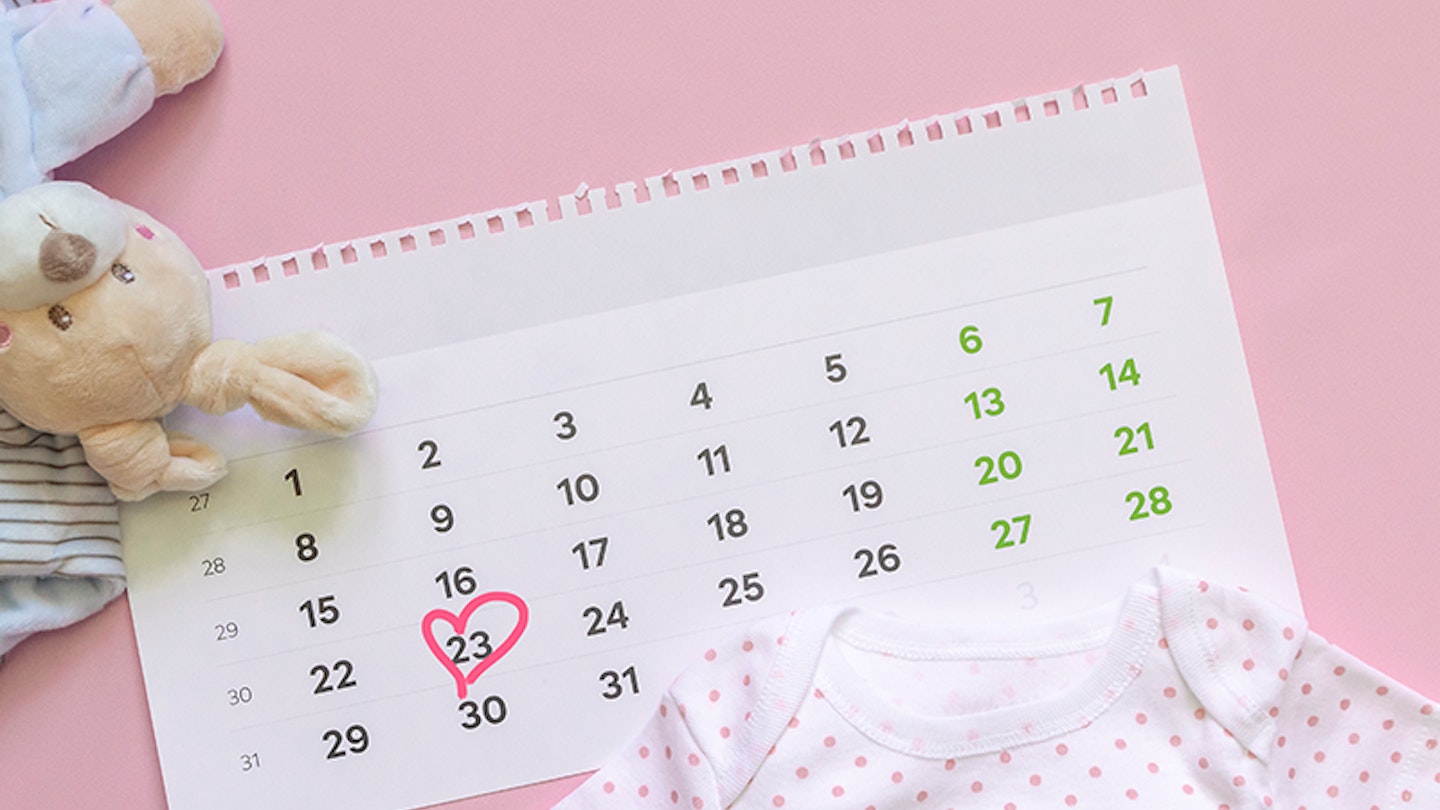Although you’re at your most fertile during ovulation, it’s still possible to get pregnant after ovulation if you’re having sex within 12-24 hours after the release of an egg.
Your ovulation period lasts anywhere from 12-24 hours. It’s the process that happens once a month when an egg ripens – usually just one – and is released from one of two ovaries. It then travels down the fallopian tube, which links the ovary and the womb (uterus).
The egg usually survives for around 24 hours and unless a sperm fertilises it, it will die and pass through in your period.
Women are more likely to get pregnant when having sex in the days leading to ovulation, as sperm can survive up to five days in the cervix. These five days plus your ovulationday is known as your fertile window, and if you’re trying to conceive (TTC) it’s a good idea to have plenty of sex during this period to boost your chances of getting pregnant.
-
Work out your most fertile days with our ovulation calculator
As well as using an ovulation calculator to work out when your fertile days are, you can also buy ovulation test kits to find out when you’re ovulating. On top of this, there are some signs and symptoms of ovulation experienced by some women such as changes in body temperature, dischargeand an increased sex drive.
-
Read more: What are the best ways to track ovulation?
How likely is it to get pregnant after ovulation?
As the egg can only survive for a 24 hour period after being released, it’s unlikely you’ll get pregnant after this 24 hour period has passed. However, if you’re having sex within the 12-24 hour period of your egg being released (ovulation day), you will increase your chances of conceiving.
The chances of you conceiving in this period can also be affected by other factors such as your age, frequency of intercourse and also your menstrual cycle.
